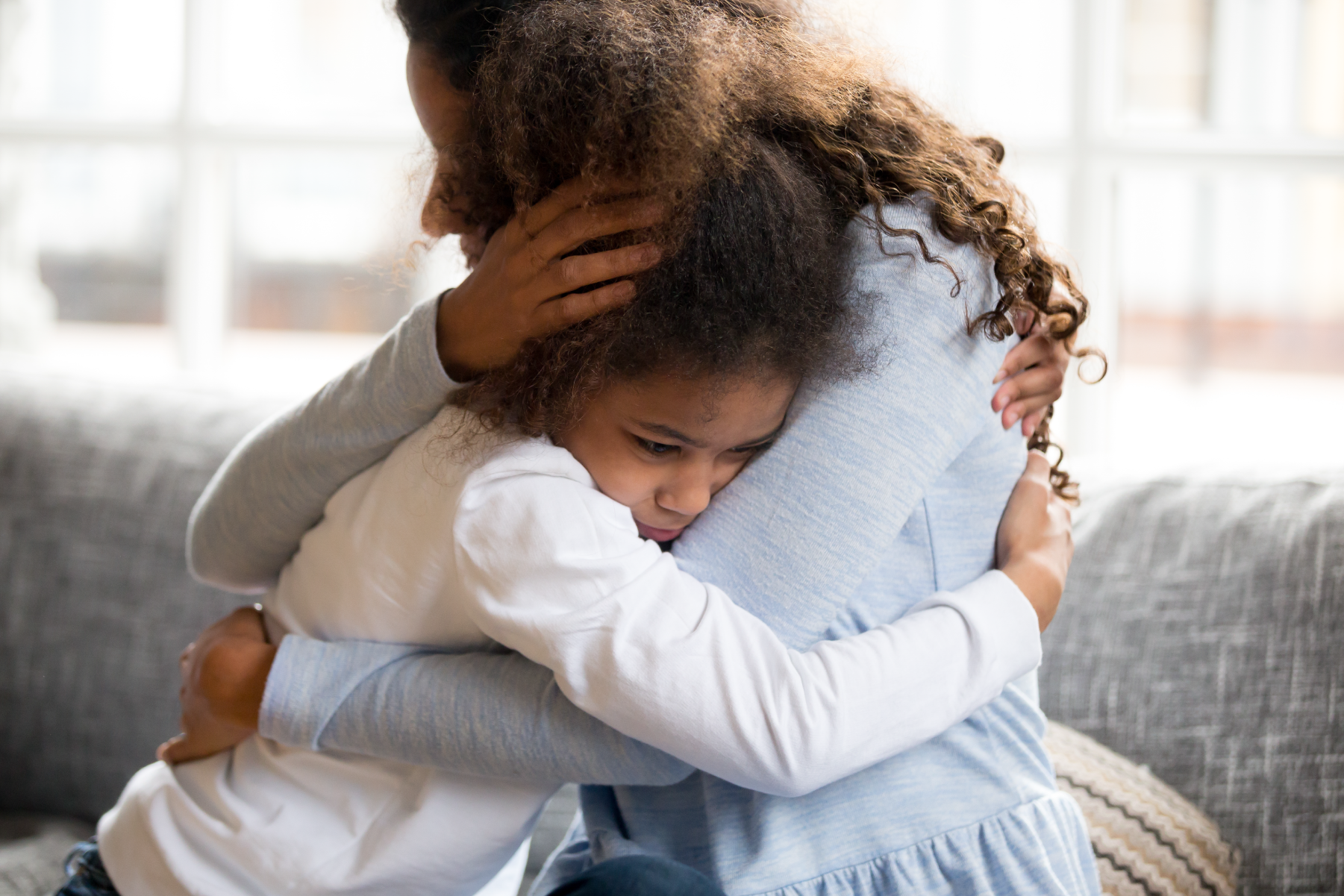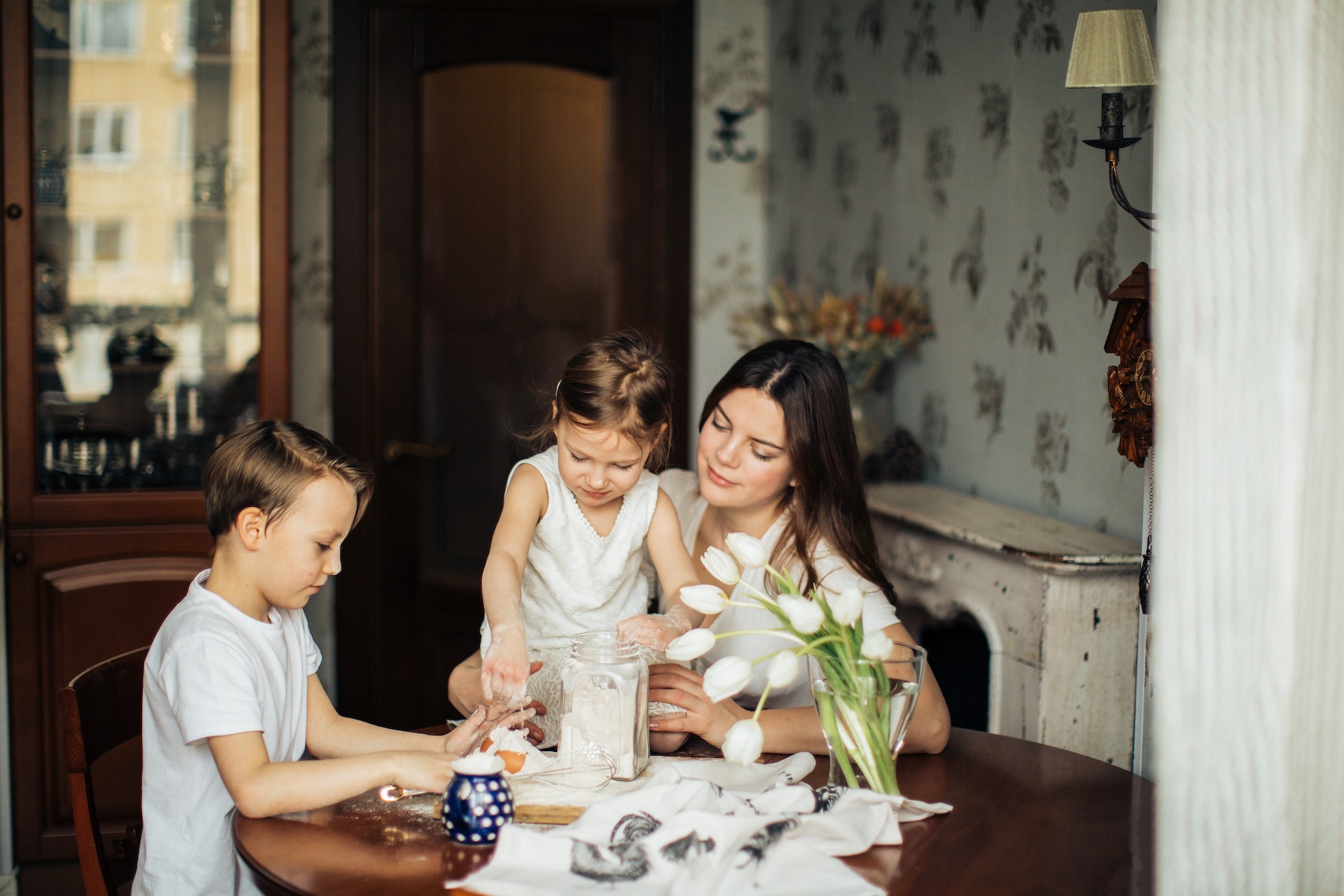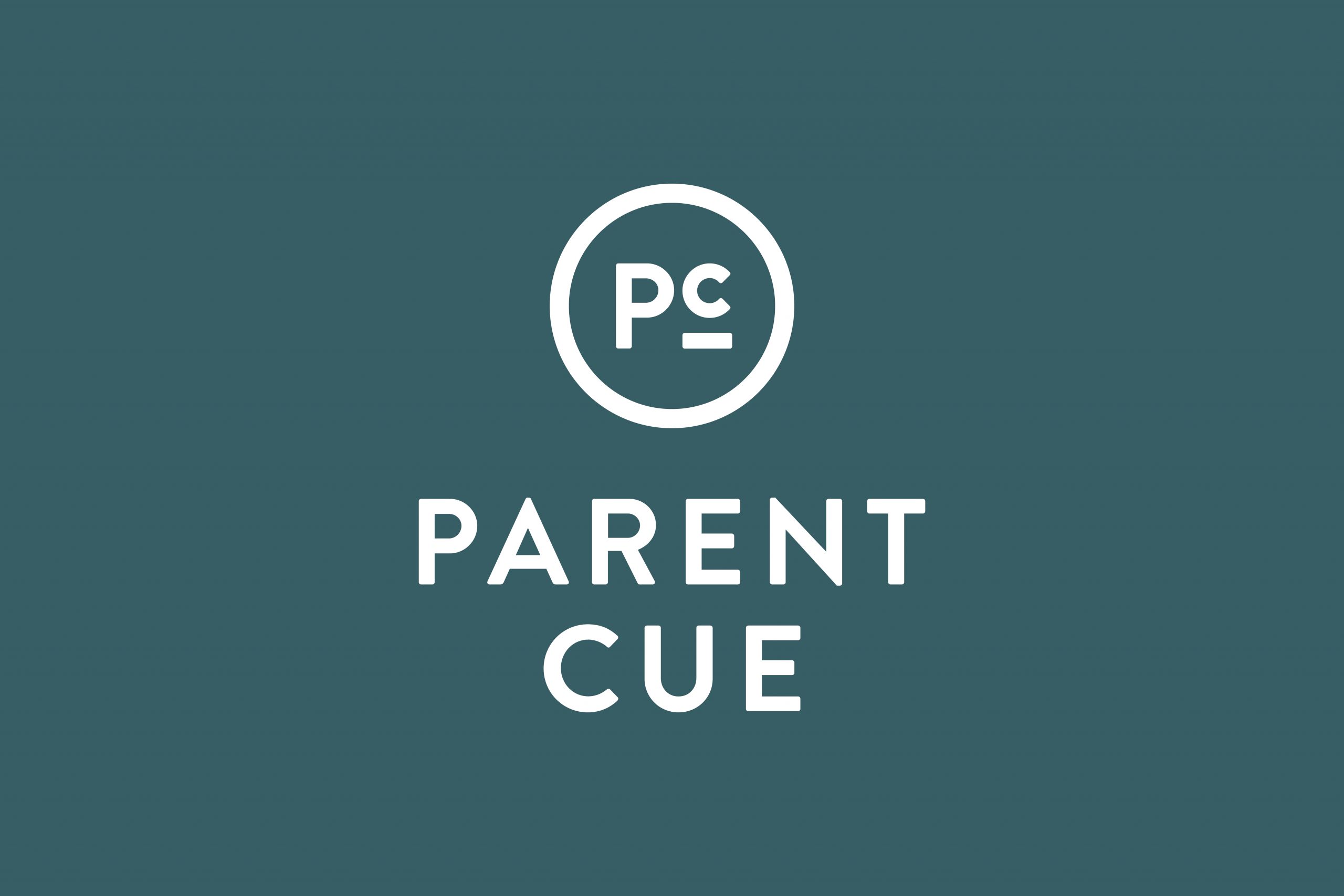
As soon as I learned I would be raising a daughter, I instantly became preoccupied with the concept of beauty.
Growing up, I was raised in a household where beauty was defined by three things: thinness, straight hair, and near-flawless teeth. Genetics afforded me the thinness part (see: wiry), but also gave me lamb’s wool-like hair, and a gap in my teeth. Needless to say, I failed the standard and spent the better part of my life feeling very not-beautiful.
The idea of having a daughter scared me: How conditioned was I to the traditional standards of beauty? Even though I was super aware, could I unintentionally pass on an unrealistic idea of beauty to my daughter?
Naturally, I became obsessive (Hello, Type A!), and even more so as my daughter, now almost five, started communicating more. When she was enrolled in a predominantly-white school and was the only black kid in her class, I noticed her being drawn to white skin and blonde hair—she’d make comments about how it was more beautiful than her own brown skin and near-black curls. I panicked. I made a habit of telling her her brown skin was beautiful, that she was perfect the way she was born, and I played—and continue to do so—Beyoncé’s, “Brown Skin Girl” mercilessly. Sorry, kid. Kidz Bop has to wait. This is way more important.
I’m not sure if any of it is sticking, and if I’m honest, it makes me anxious to think I’m missing something critical in shaping her idea of beauty. I want her to be equipped with a positive idea of herself before social media becomes a part of her life, before kids at school become relentless in their teasing. I realize now that a lot of it is beyond my control, but there are definitely some things I can do, and it starts with me.
I can make a plan of what I want my daughter to understand about beauty.
Here are the things I want my daughter to know about beauty: That it has little to do with what she looks like, that she gets to define beauty for herself, that it doesn’t matter at all what someone else says about her beauty, and that she is beautiful just as she is right now. Everything I do can reinforce these beliefs.
I can check my critical tone.
We show our kids how to talk to themselves by the way we talk to ourselves. My inner dialogue can be pretty critical, and it can often seep out loud if I don’t stay vigilant. I should be comfortable saying things about myself that I wouldn’t mind my daughter repeating about herself one day.
I can change my language.
Instead of saying, “Gross! I look hideous in this outfit!” I can swap it out with, “I don’t feel my best in this (style or color). I’d like to try on something else.” I can also be intentional about leading with something positive about myself.
I can emphasize the parts of myself and others that have nothing to do with outward appearance.
There is so much more to true beauty than what someone’s face and body looks like, and I want to make a habit of emphasizing those things. I try to regularly compliment my daughter by saying, “Wow! You are so creative!” or “Girl, you are looking strong!” and “You are learning so many new things. You are so smart!” And I can be intentional about extending those compliments to other people I see too.
With some consistency, I hope my efforts of relating what beauty truly is to my daughter won’t be in vain. There is so much discontentment and hurt out there surrounding the notion of beauty, and when our confidence is damaged, it has the ability to seep into other parts of our lives. Here’s hoping a consistent change in language and outlook sticks with this new generation of women.
What is beautiful, anyway? It’s a question we all ask at some point in our lives. It’s also a question many of us struggle to answer in a way that satisfies or affirms us. But what if we could change that for our daughters? And our daughters’ daughters? What if we could give them a picture of beauty they can embrace—a picture they can see every day looking back at them in the mirror?
A rhyming illustrated book appropriate for ages 6–12, What Is Beautiful? is a whimsical and refreshing reflection on beauty for every girl at every age.





